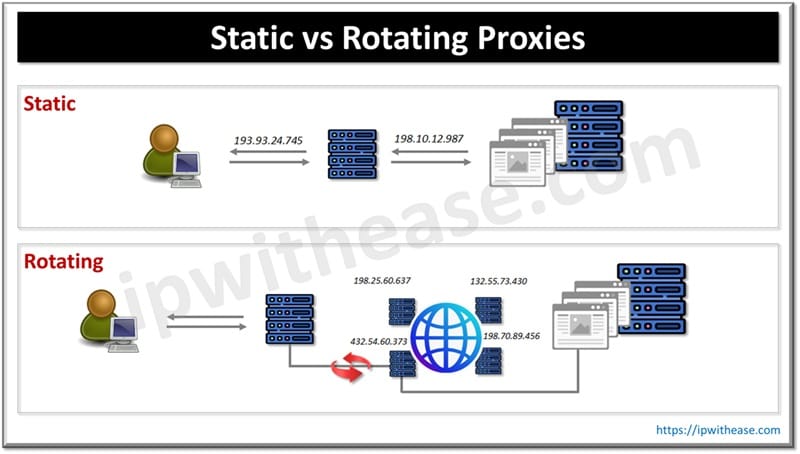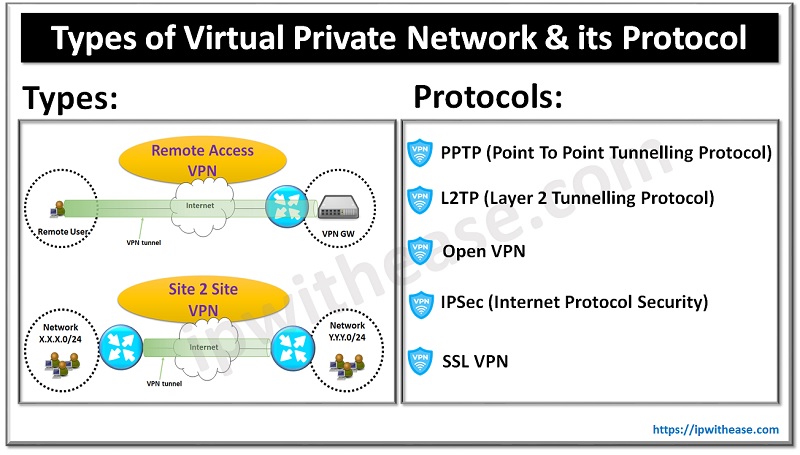The importance of data security in HR departments cannot be overstated, and in today’s volatile digital environment, a passive strategy won’t cut it. As the incidence of data breaches continues to surge, we’re seeing an urgent shift towards a more proactive approach to data security – especially given the average cost of a breach is a whopping $4.35 million. In this post, we’re going to break down what robust data security entails and why it’s an absolute must for HR departments.

Understanding the Importance of Data Security in HR
Data security in HR isn’t just about ticking a compliance box; it’s a must-have for businesses. HR departments are custodians of an array of sensitive data, encompassing personal employee information and confidential company records.
Having access to such quantities of sensitive information makes HR a high-value target for cyber-attacks. Furthermore, there are legal and ethical obligations to secure this data. The consequences of breaches can be far-reaching, from heavy financial penalties to significant reputational damage and a loss of trust among employees and stakeholders.
Common Data Security Threats HR Departments Face
The data security threats landscape is diverse and often lurks within our own organizations. Understanding these threats is the first step toward strengthening data security.
1. Phishing Attempts
Phishing is one of the most prevalent cybersecurity threats that HR departments face. Cybercriminals employ deceptive emails or text messages, appearing as legitimate institutions, to trick employees into revealing sensitive information. These phishing attempts often look like authentic communications from trusted sources, making it easy for employees to let their guard down. But one innocent click can expose the organization’s confidential data, leading to severe consequences.
2. Malware Attacks
Think of malware as the equivalent of a burglar but in the digital realm. This malicious software, designed to wreak havoc on your computer, server, or entire network, doesn’t discriminate between targets. Cybercriminals, armed with this digital ‘master key’, can sneak into an organization’s system, pilfering sensitive data along the way.
But not all malware is the same— they come in different forms, each with a unique way of causing chaos. There are viruses that latch onto clean files and spread uncontrollably, worms that self-replicate and flood networks, ransomware that holds your data hostage until you pay a ransom, and spyware that silently monitors your activities. Each type poses a distinct threat to your organization’s data security.
3. Insider Threats
The idea of threats originating from within the organization is an uncomfortable one but is, unfortunately, a reality that needs to be acknowledged. Disgruntled employees, for example, could exploit their access privileges to harm the organization intentionally. On the other hand, well-meaning employees might inadvertently expose sensitive data due to negligence or lack of awareness. Regardless of the intent, insider threats can pose significant risks to data security and are thus a critical area for HR departments to address.
4. Inadequate Security Measures
Sometimes, the threat to data security can stem from inadequate or outdated security measures within the organization. For example, weak passwords, unsecured networks, or lack of encryption can expose sensitive data to potential breaches. HR departments need to ensure that robust security protocols are in place and that they are regularly updated to meet evolving threats.
Implementing a Proactive Data Security Strategy
A reactive approach to data security is the same as damage control after a disaster. In contrast, a proactive data security strategy is about prevention and preparedness. Conducting regular data audits can help you identify potential vulnerabilities. Additionally, employee training is critical to tackling threats like phishing, while data encryption practices ensure sensitive information remains secure.
Moreover, having a robust disaster recovery plan is key. Preparing for worst-case scenarios isn’t pessimism—it’s essential for survival in our digital age. HR departments should be equipped to act swiftly and efficiently if a data breach occurs to minimize damage.
Leveraging Technology for Enhanced Data Security
Embracing technology is not optional when it comes to data security. Artificial Intelligence (AI) and machine learning can automate threat detection, identify unusual activity patterns, and enhance overall data security. Secure cloud services offer another layer of protection, with stringent security protocols and automatic updates to safeguard your data.
Your core HR software shouldn’t just be a tool for managing HR processes; it needs to be a robust line of defense in strengthening data security. High-quality software usually comes with built-in security features, offering an extra layer of protection. Furthermore, these tech solutions can streamline data management processes, thereby supporting a proactive data security strategy. By harnessing technology, you’re proactively staying ahead of threats rather than just reacting to them.
The Role of HR in Cultivating a Culture of Data Security
Data security should be a company-wide ethos, not just an IT concern. HR departments play a crucial role in fostering a data security culture across the organization. HR can initiate data security awareness campaigns, ensuring that every employee understands their role in safeguarding data.
HR departments are typically responsible for setting and enforcing data security policies and guidelines within an organization. By establishing clear, comprehensive policies and ensuring they’re consistently enforced, HR departments can ensure employees adopt a forward-thinking approach to data security across the board.
Final Word
The importance of proactive data security in HR departments is not merely a trend—it’s an operational necessity. With the high stakes and potential fallout from data breaches, we can’t leave things to chance. By understanding the importance of data security, recognizing common threats, and cultivating a culture of data security, HR departments can fortify their defenses and proactively safeguard their organization’s sensitive data.
Continue Reading:
Top 5 Data Breaches in Cyber Security and Possible Preventative Measures
Why Are Ethical Hackers Important for Cybersecurity?
ABOUT THE AUTHOR
IPwithease is aimed at sharing knowledge across varied domains like Network, Security, Virtualization, Software, Wireless, etc.



